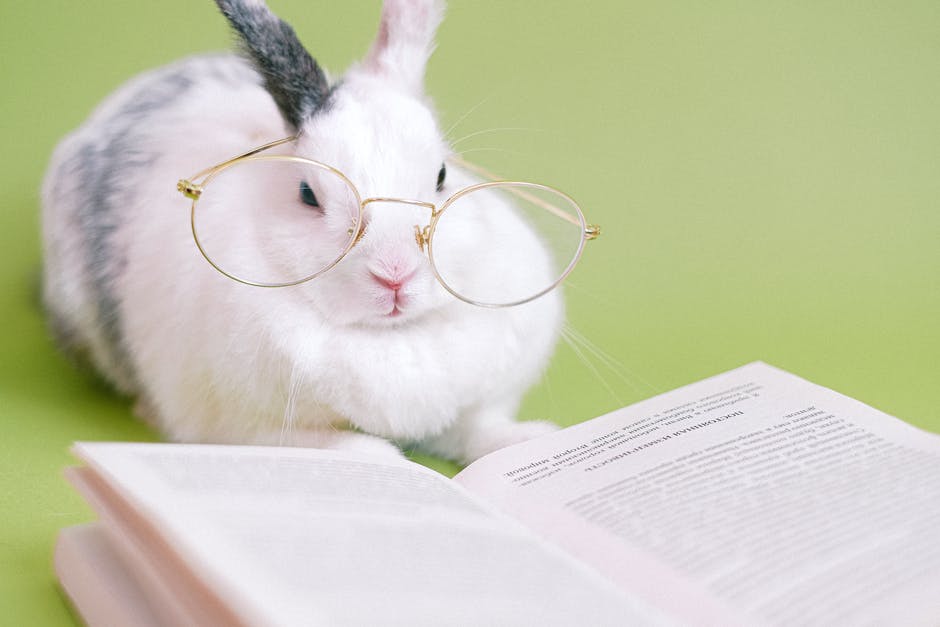When you’re faced with a decision on whether to rehome your dog, it’s important to consider all the pros and cons. Taking care of an aging dog can be complicated. There are medications and surgeries, dietary considerations, and geriatric health issues to contend with. Not to mention the fact that you're concerned with how your dog feels and how she expresses her emotions. So how do you give your dog the best quality of life for as long as possible? Keeping your dog's health in mind is possible; just make sure to take note of the few things below:
Health and Regular Vet Check-up
As the saying goes, prevention is better than cure. Regular vet check-ups play an important role in maintaining your pet’s health. It helps in the early detection of any disease and gives a chance to diagnose any hormonal problem if you are not aware. In case of an emergency, the vet can prescribe the proper medications.
Getting a regular check-up every year or two is important, but dogs need an annual checkup even more. Most dogs visit the vet once a year, and that’s enough, but older dogs need a check-up at least once a year. This can ensure that your old dog stays healthy, even if he or she gets older.
Extra Care Needs
People go out of their way to rescue dogs from the pound or an abusive home. The unconditional love they give to these dogs is heartwarming. But, what sometimes isn’t thought about are the extra needs a dog has after they join the family. Many times, the dogs that end up in rescue require extra love and care after they’re adopted. It’s usually assumed that all dogs know how to potty train and know how to behave and live peacefully in the home. However, not all dogs have these abilities. That’s why extra care is needed sometimes.
Dogs are awesome, right? Well, they sure are, but like anything old-timey, they develop problems as they age. One of the more common concerns is incontinence, which affects approximately 60 percent of geriatric dogs. There are several underlying causes for incontinence, but the most common are osteoarthritis, an enlarged prostate, and bladder stones. Make sure to always watch out for signs if your old dog needs extra care.
Being mindful of your old dog is very important so that you can provide a solution to the issue before it gets out of hand.
Right Food to Provide Complete Vitamins and Nutrients
Most old dogs are full of energy, but they often have certain health problems. Adopting an old dog, especially one from a shelter, can be an exciting proposition. However, adult dogs often suffer from degenerative diseases, such as arthritis, hip dysplasia, and thyroid problems. They may also have digestive issues, skin allergies, and bladder problems. So, in addition to providing love and affection, you'll need to take good care of your senior dog. One of the best things you can do is ensure that he's eating the right food to provide complete vitamins and minerals for his old body.
With age, one’s metabolism slows down, and one’s ability to produce energy becomes inefficient. So, adding supplements to your diet can provide the nutrients that older dogs need. Diet plays an important role in their health. B-complex vitamins are especially important for older dogs. They aid in proper brain function and help maintain healthy skin and coat.
With these three tips, you will be able to keep your old dog healthy and live longer.




















